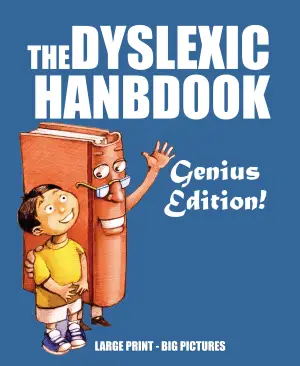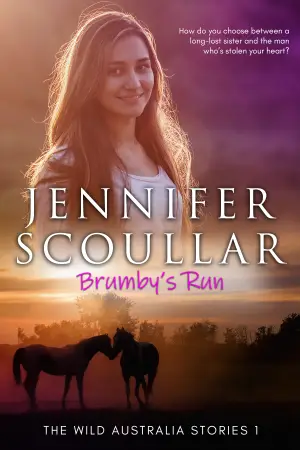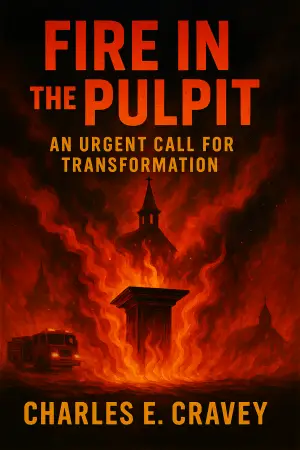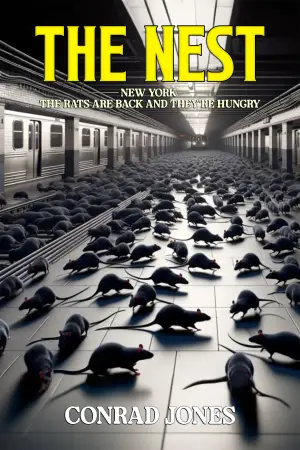Book Review: The Memory Index (Memory Index, #1) by T.M. Campbell
From the moment I picked up The Memory Index, I felt a familiar sense of nostalgia wash over me, affectionately wrapped in the pop culture of the 1980s. T.M. Campbell has crafted a world that not only echoes that vibrant decade but also cleverly weaves it into the fabric of a dystopian narrative. I was instantly intrigued, especially when I learned that the story is set in 1987 but layered with an alternative reality twist that both excited and puzzled me.
The premise revolves around a society plagued by “Memory Killer,” a phenomenon erasing collective memories. As a nod to the past, the characters rely on tapes—yes, the delightful cassette tapes we all remember—to manage their memories. This gave the narrative a unique authenticity, transporting me back to a time when mixtapes were a rite of passage. Yet, I found myself grappling with the confusion of whether I was in a true ’87 or an alternate dystopian future. It’s a testament to Campbell’s clever writing that it kept me guessing!
At the heart of this tale is a traditional action-mystery structure, complete with archetypal teen characters. While the prose is swift, much like the thrillers we devour, I found it occasionally left me wanting more depth. The characters, despite their vivid personas, often felt like they were performing familiar roles rather than evolving as individuals. It’s like they were dancing along the lines of a YA formula, and while that appeals to many readers (and certainly had its charm), I craved a little more complexity.
One of my sticking points was the world-building. In a society supposedly crumbling under the weight of Memory Killer, everything seemed oddly normal—schools functioned well, social structures were intact, and protesters were nowhere to be found. It raised questions about believability: in times of crisis, wouldn’t we see some chaos? The book repeatedly states we’re living in a "horrible reality," yet the world felt surprisingly calm. It left me pondering how things would truly operate in such a scenario.
As for the mechanics introduced later in the plot, I found some elements veering too far into implausibility for my taste. While I can suspend disbelief for artificial memory recall, certain developments felt like they skipped the logic train altogether.
That being said, the atmosphere was undeniably captivating—the music references infused vibrancy and nostalgia that drew me in. The sense of longing for an era that was both lively and laden with challenges felt especially timely. It resonated in this post-pandemic world we find ourselves grappling with.
As I close this chapter on The Memory Index, I can’t help but think that many readers might find joy in its atmosphere and action. Fans of light dystopian YA, who appreciate a fast-paced narrative rich in retro culture, will likely revel in Campbell’s creation. For me, while it sparked excitement, it ultimately felt like a book that left me with more questions than satisfaction.
Nonetheless, I’m grateful to the publisher for providing a free ebook copy through Edelweiss in exchange for my honest review, which has not swayed my perspective. As I wait for the next installment, I hold out hope that the narrative will deepen, allowing readers like myself to connect more meaningfully with the characters and world.
Happy reading! 📚✨
Discover more about The Memory Index (Memory Index, #1) on GoodReads >>






